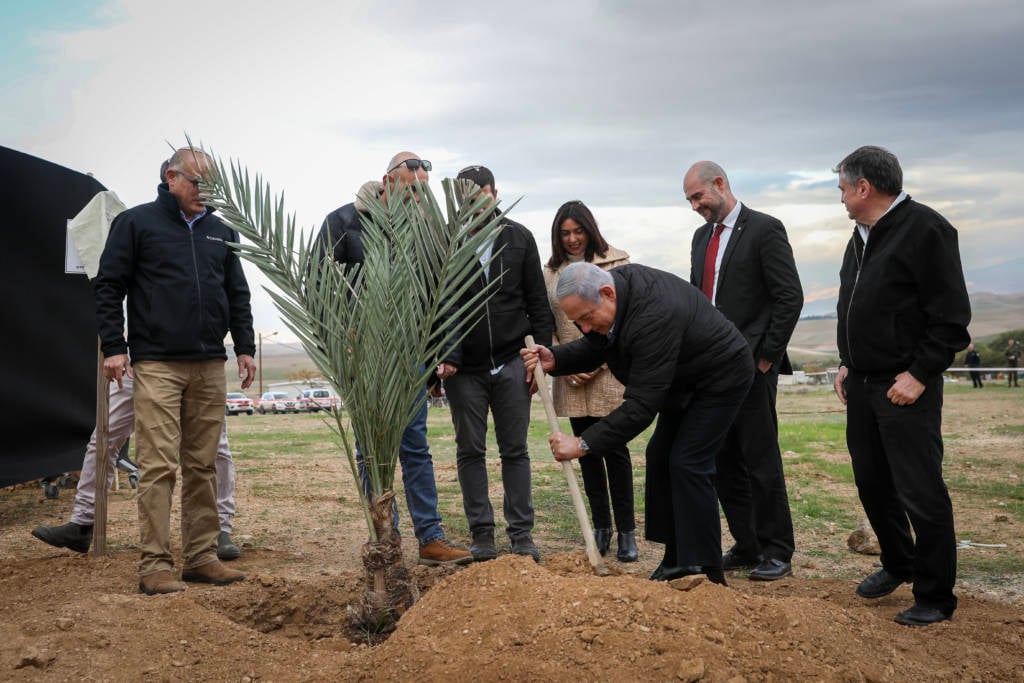The proposed law will affect 46 Israeli communities throughout Judea and Samaria on state lands.
By Aryeh Savir, TPS
The Knesset’s Plenum on Wednesday approved in a preliminary reading the Localities and Neighborhoods Bill establishing a mechanism for regularizing and fully legalizing dozens of relatively new Israeli communities in Judea and Samaria.
A majority of 60 voted in favor of the bill and 40 voted against it. Acting Knesset Speaker Keren Barak stated that the bill will pass to the Knesset Committee for further legislation.
The bill requires another two readings at the Plenum to become law.
The bill, presented by Members of Knesset Bezalel Smotrich and Haim Katz, proposes that in accordance with the guidelines of the dedicated task force established in a cabinet decision from 2017, the authorities in charge of planning in Judea and Samaria will complete the settlement procedures of the state-owned neighborhoods and localities where the legal regulation is required.
During this period, the residents living in these places will receive all the municipal services to which every citizen is entitled, including a proper connection to water and electricity infrastructure.
The bill further proposes that government ministries regard these neighborhoods and localities as legal and recognized, including the transfer of budgets, assistance with infrastructure and the construction of educational and public buildings.
The proposed law will affect 46 Israeli communities throughout Judea and Samaria on state lands.
The explanatory notes state that “the Israeli government has decided to regulate the status of buildings and neighborhoods built in Judea, Samaria and the Jordan Valley over the past 20 years, however, implementation of the decision has been delayed, even though more than three years have passed since the decision was made.”
“To prevent unnecessary harm to the residents of the neighborhoods and localities designated for regulation, listed in the addendum to the proposed law, during the interim period of the regulation, their special status must be enshrined in legislation, thus allowing residents to live a normal life with full municipal services as every citizen deserves. All this is due to the state’s desire to regulate these neighborhoods and localities and not to demolish them,” the explanation said.
The bill calls for NIS 44 million in budgeting, including NIS 20 million earmarked for outsourcing, NIS 15 million for planning, NIS 4 million for Civil Administration expenses, and NIS 5 million for planning for Arab construction.
Smotrich urged the Knesset to act quickly and pass the bill before it dissolves, possibly as soon as next Tuesday.

